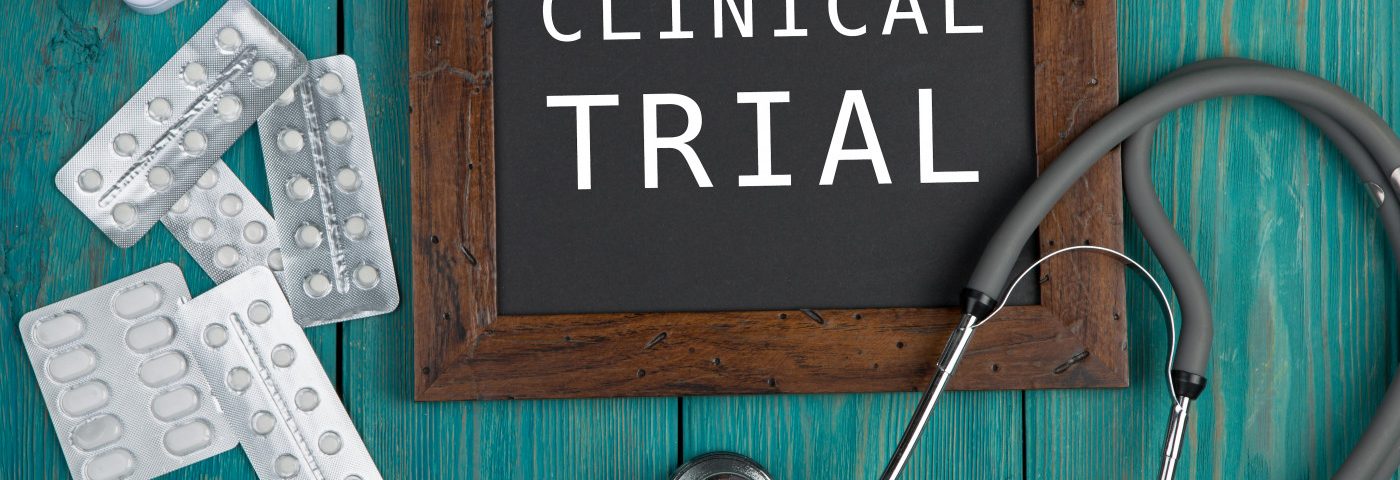Iomab-B shows promise as a conditioning regimen for bone marrow transplant in patients older than 55 with active relapsed or refractory acute myeloid leukemia (AML), according to early data from the ongoing SIERRA trial, which an independent committee has determined can continue to full enrollment.
Recently presented data from the trial support the efficacy and safety of this investigational treatment by Actinium Pharmaceuticals.
An independent data monitoring committee (DMC) is responsible for ensuring that a trial does not pose worrisome safety risks and could produce meaningful results based on early data. A committee reviewed unblinded data from SIERRA, which is currently over 75% enrolled.
The Actinium-sponsored trial (NCT02665065) plans to enroll a total of 150 participants, 55 and older, with AML that is relapsed or refractory (meaning the cancer has continued to grow despite other treatments) at multiple locations in the U.S. and Canada. Additional information on recruiting sites is available here.
“We are encouraged by the DMC’s recommendation to continue the SIERRA trial as planned and that there continues to be no safety concerns from the Iomab-B arm,” Mark Berger, MD, Actinium’s chief medical officer, said in a press release.
AML is caused by the out-of-control growth of cells in the bone marrow, which would normally grow into different types of blood cells. Bone marrow transplant (BMT) is currently the only therapeutic option with curative potential for the patient population being evaluated in SIERRA.
For BMT to be successful, conditioning is required prior to the transplant itself. In essence, the existing bone marrow cells (including cancerous cells) need to be wiped out, so that they can be replaced with transplanted cells.
Iomab-B is an investigational medication for such conditioning. It includes an antibody that specifically binds to CD45, which is widely expressed on bone marrow cells, including cancer cells. The antibody is attached to a radioactive isotope (iodine-131).
The therapy is designed to work by delivering toxic doses of radiation directly to cells in the bone marrow. Because the therapy is targeted to the bone marrow, fewer side effects are expected compared with other radiation-based therapies and chemotherapies, which often harm cells in other organs.
In SIERRA, participants are assigned to one of two groups: the experimental group is treated with Iomab-B, followed by BMT. The control group is given physician’s choice of salvage therapies (meaning therapies given after other treatments have failed). Participants in the second group may undergo BMT if they achieve complete remission of their disease.
Of 49 participants so far given Iomab-B in SIERRA, 100% have successfully proceeded to BMT and achieved engraftment, which is the first sign of BMT success, according to data recently presented at the American Society of Hematology (ASH) 2020 Annual Meeting. In contrast, of the 56 people in the control group so far, nine (16%) have met the same milestone.
Of the 47 (84%) participants in the control arm who did not achieve complete remission, 30 have crossed over to the Iomab-B treatment group and proceeded to BMT with successful engraftment. In total, 88 out of 113 participants were able to receive BMT, even though the patient population enrolled in SIERRA is not typically considered for BMT.
Preliminary data have also indicated that the rate of durable complete remission, which is the trial’s main measurement of efficacy, is higher in the Iomab-B group than in the control group.
“The recent presentations at ASH highlight Iomab-B’s value proposition to universally enable older patients with active relapsed or refractory AML to proceed to a potentially curative bone marrow transplant via a well-tolerated targeted conditioning regimen, which we believe will be a paradigm shift compared to current non-targeted chemotherapy regimens that restrict patient access to BMT,” Berger said.
Safety data from SIERRA presented at the annual meeting were also positive. Compared to the control group, the Iomab-B group had markedly lower rates of sepsis (4.3% vs. 33%), severe digestive tract inflammation (10.9% vs. 33%), and severe febrile neutropenia, which is characterized by a fever alongside reduced levels of immune cells called neutrophils (34.8% vs. 55.6%). Of note, the safety analysis included 47 individuals in the Iomab-B group and nine in the control group.
“With more than 75% of patients for the SIERRA trial enrolled and positive data presented at ASH [in December], interest in the trial has never been stronger,” said Sandesh Seth, Actinium’s chairman and CEO.
“We remain confident in the value added by Iomab-B in getting patients to BMT and look forward to the completion of the trial,” he added.

